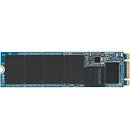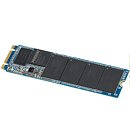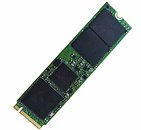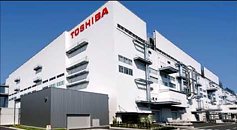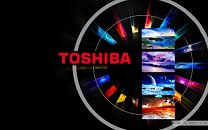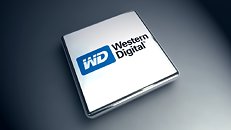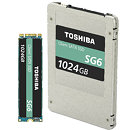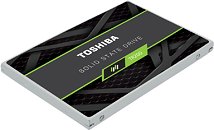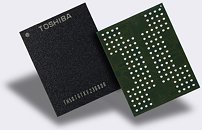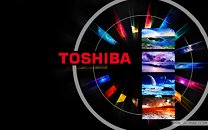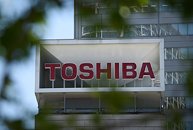LiteOn Intros MUX Series M.2 NVMe SSDs with Toshiba BiCS3 Flash
LiteOn today introduced the MUX line of "entry-level" M.2 PCI-Express SSDs in the M.2-2280 form-factor. Available in 128 GB and 256 GB capacities, the drives feature PCI-Express 3.0 x2 host interface, and take advantage of the NVMe protocol. They combine Phison PS5008-E8 controllers with Toshiba BiCS3 3D-TLC NAND flash memory.
The 128 GB variant offers sequential transfer rates of up to 1500 MB/s reads, with up to 450 MB/s writes; up to 91,000 IOPS 4K random reads, and up to 110,000 IOPS 4K random writes; while the 256 GB variant is slightly faster, offering up to 1600 MB/s sequential reads, up to 850 MB/s sequential writes, up to 145,000 IOPS 4K random reads, and up to 140,000 IOPS 4K random writes. Both variants are backed by 3-year warranties.
The 128 GB variant offers sequential transfer rates of up to 1500 MB/s reads, with up to 450 MB/s writes; up to 91,000 IOPS 4K random reads, and up to 110,000 IOPS 4K random writes; while the 256 GB variant is slightly faster, offering up to 1600 MB/s sequential reads, up to 850 MB/s sequential writes, up to 145,000 IOPS 4K random reads, and up to 140,000 IOPS 4K random writes. Both variants are backed by 3-year warranties.

